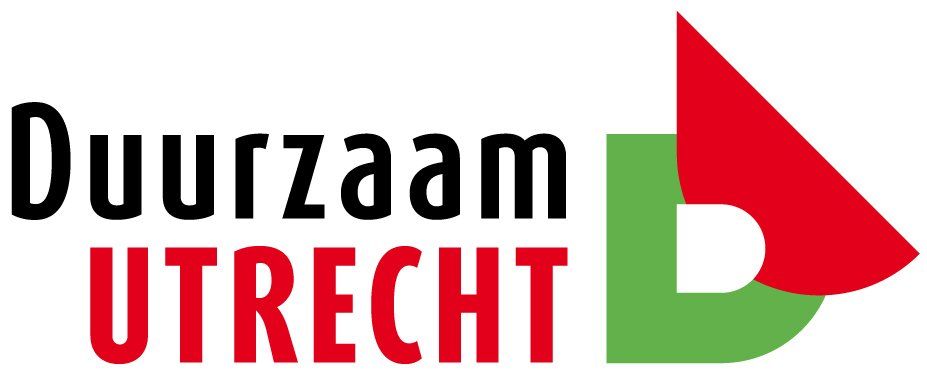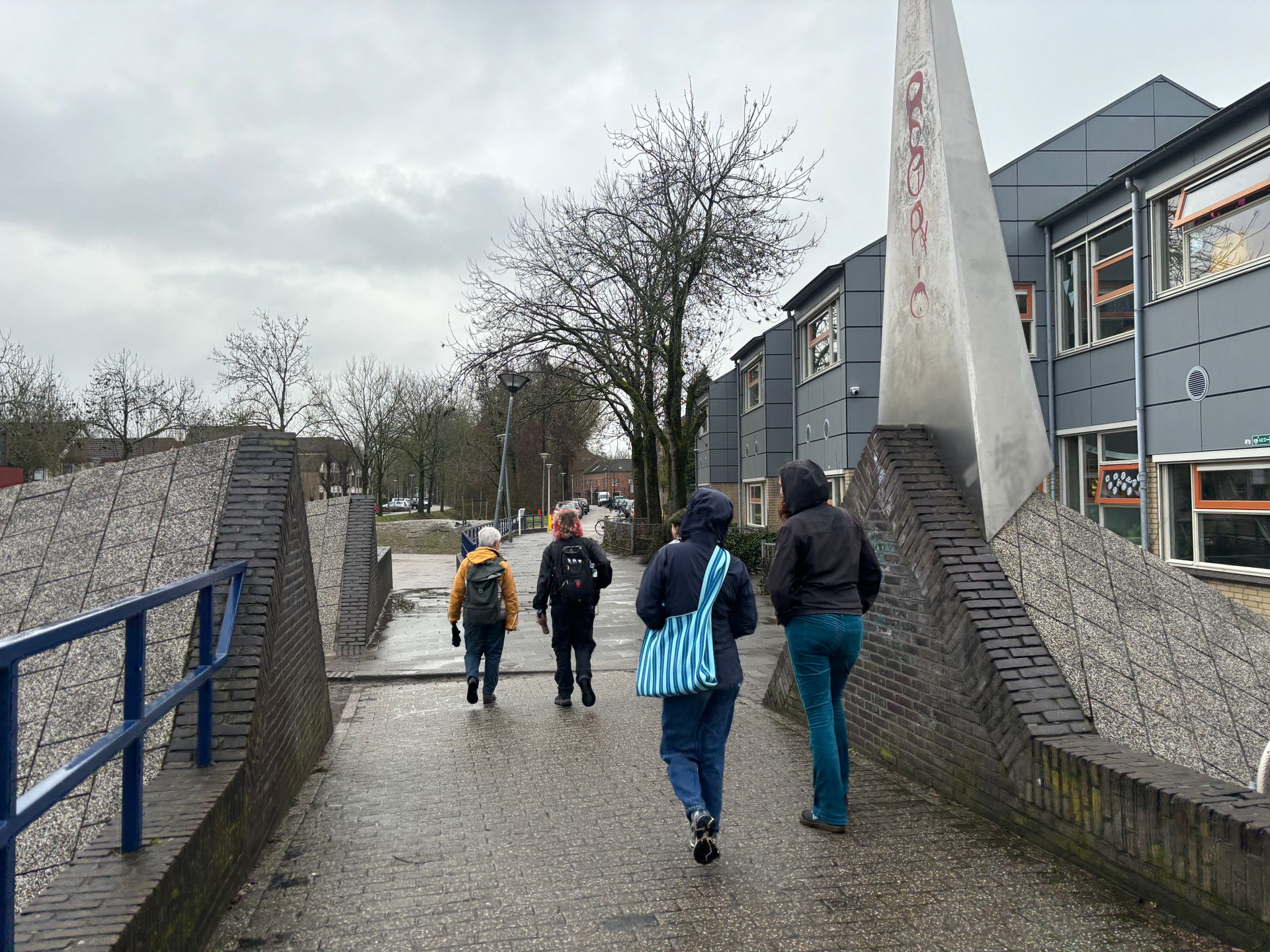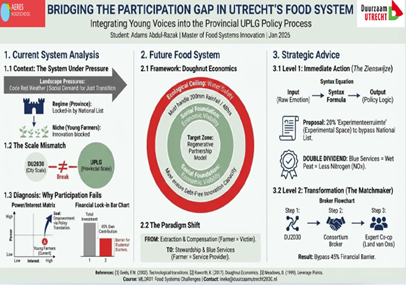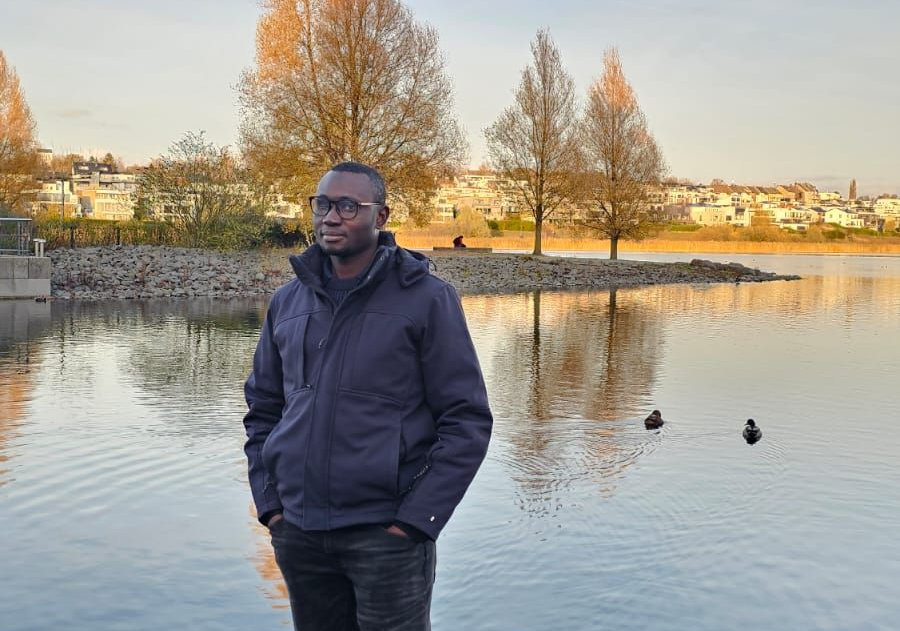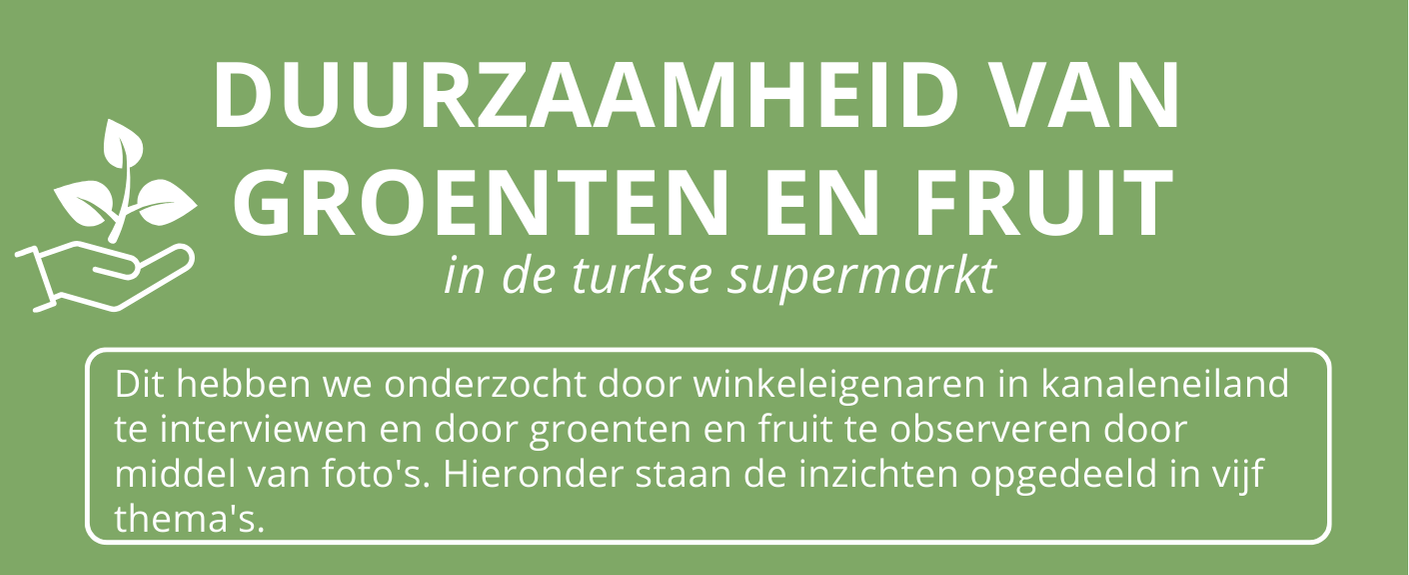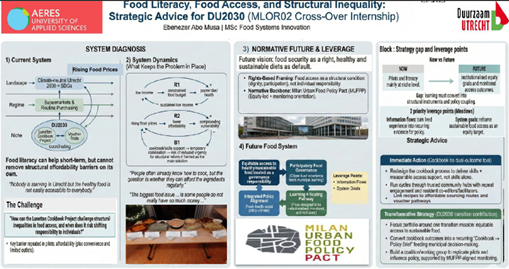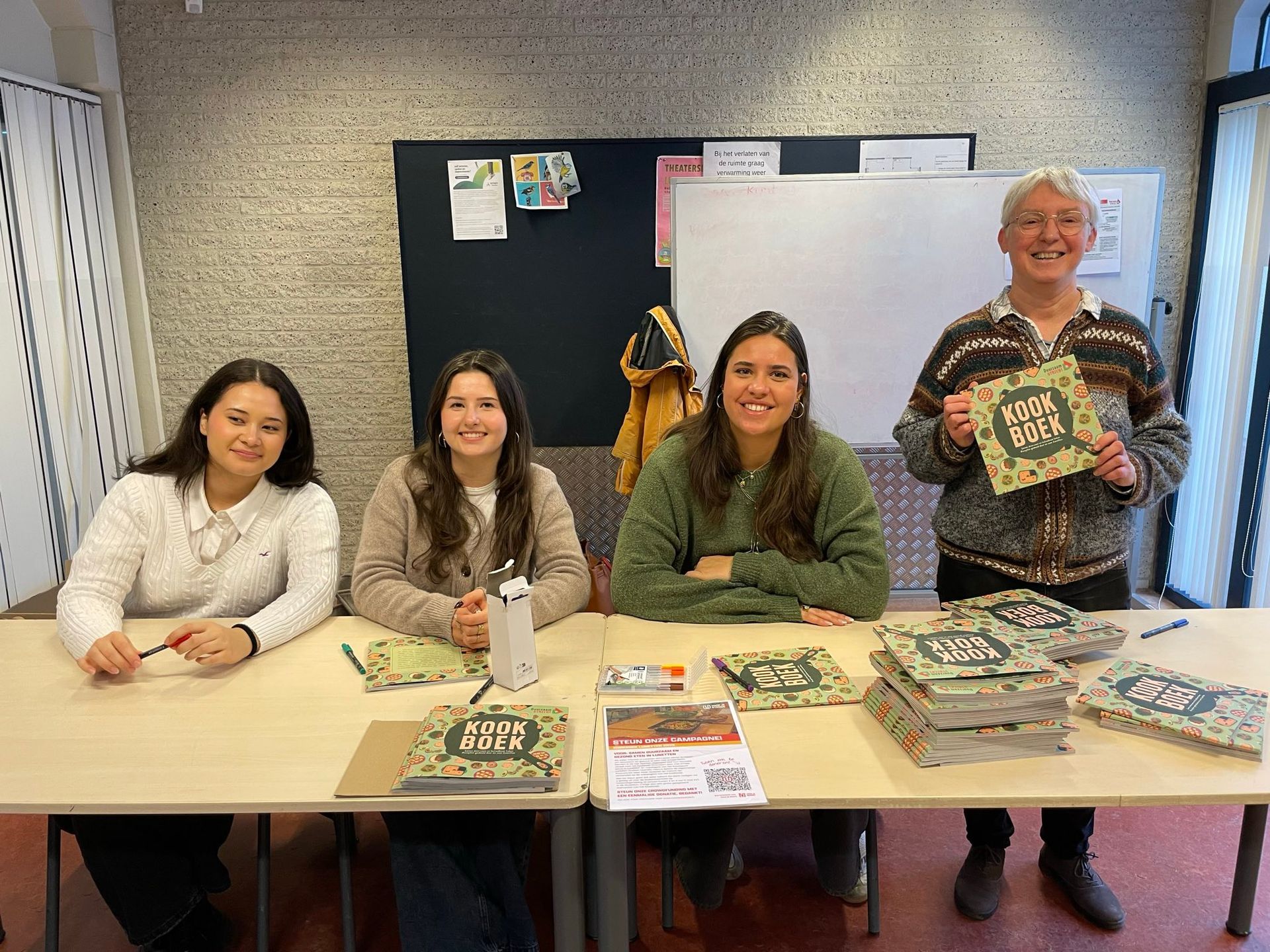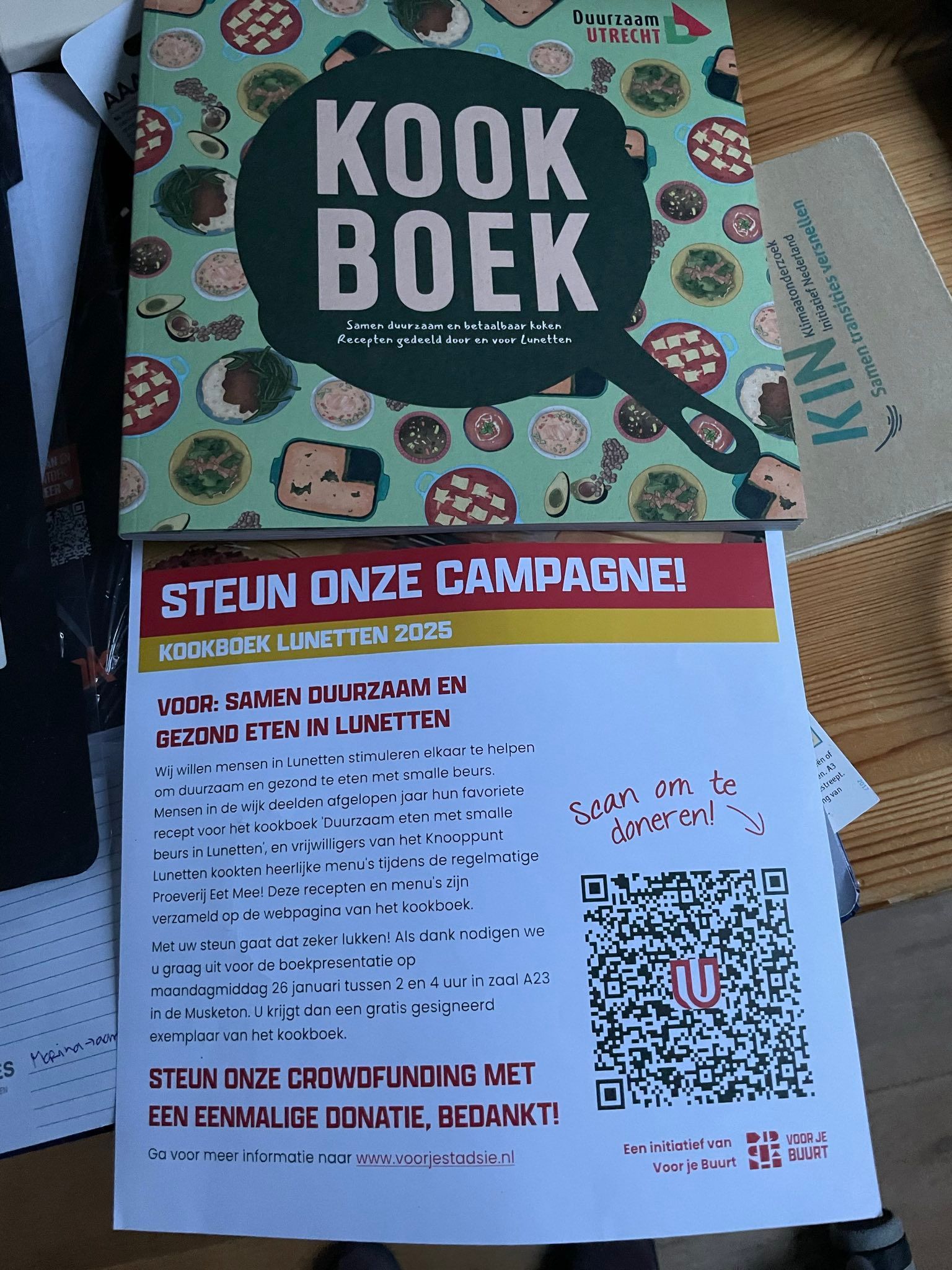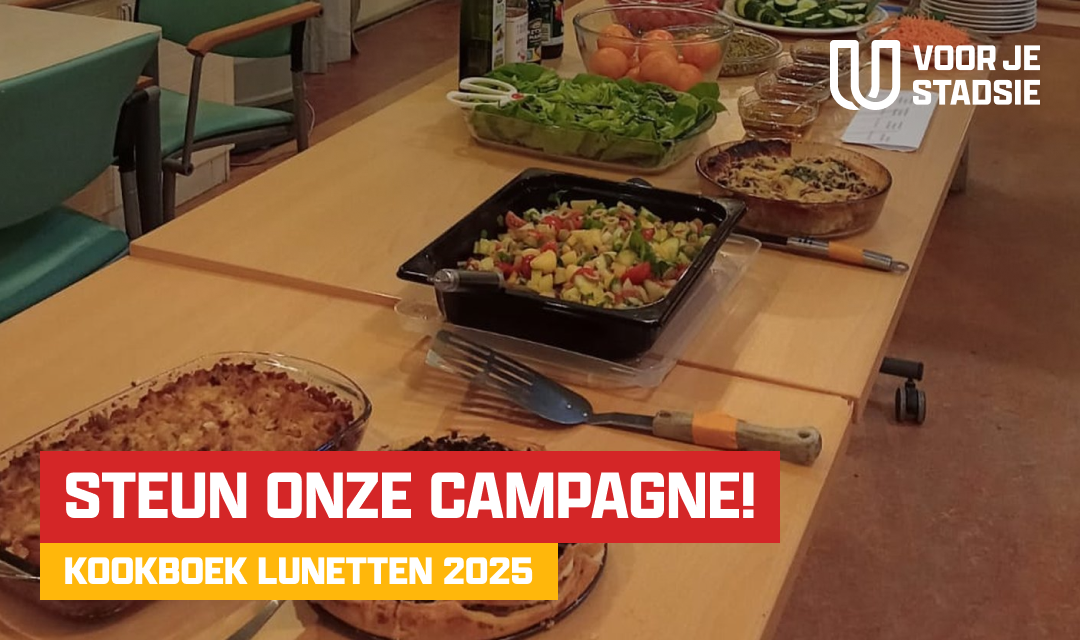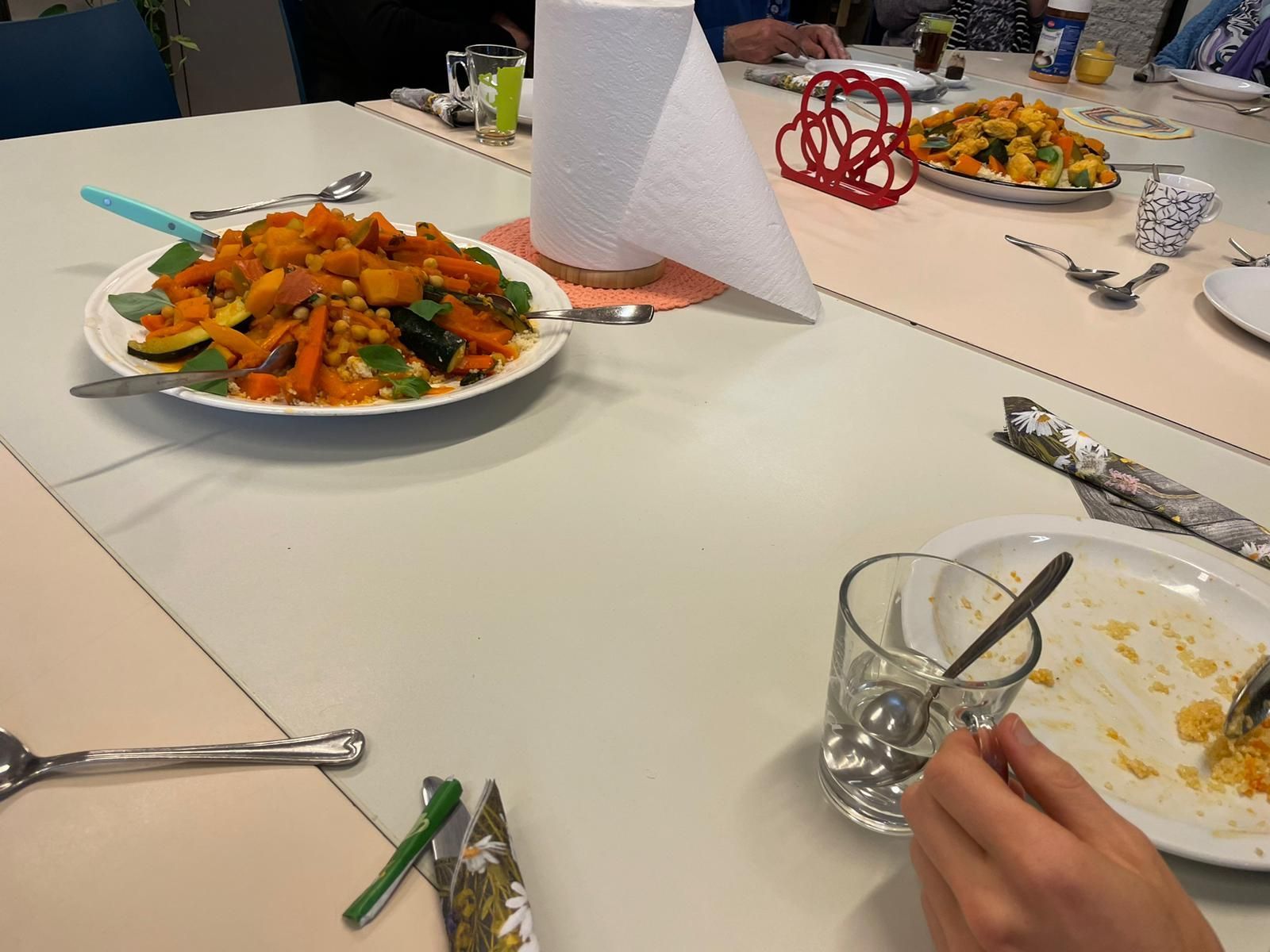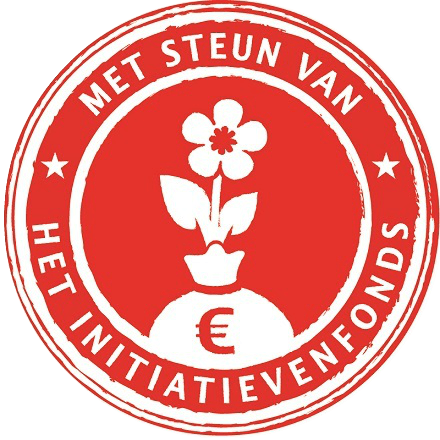Help Utrechters met smalle beurs duurzaam leven
Verslag Duurzaam Utrecht 2030 – 3 oktober 2022, Social Impact Factory
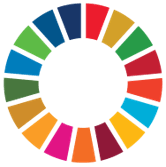
Utrechters met een smalle beurs leven vaak al heel duurzaam, door zuinig te zijn op hun spullen, elkaar te helpen met klussen, en niet op vliegvakantie te gaan. Veel mensen zouden wel duurzamer willen leven, maar kunnen dat niet zelf. Biologische boodschappen zijn duur, en een slecht geïsoleerde huurwoning verduurzamen lukt ook niet zomaar. Op 3 oktober 2022 overlegden 24 studenten en vertegenwoordigers van sociale partners en politiek in de Social Impact Factory hoe ze de duurzame wensen van medeburgers met een smalle beurs mogelijk kunnen maken. Sommigen bestrijden armoede, en proberen meer aandacht te geven aan duurzaamheid, terwijl anderen zich richten op de energietransitie en andere duurzame ontwikkelingsdoelen en daarbij ook mensen met weinig geld willen betrekken. Vertegenwoordigers presenteerden kort de bijdragen van elf organisaties aan duurzame ontwikkeling in Utrecht: Het Knooppunt Lunetten, Mijn Sofie, Utrecht Natuurlijk, Utrecht 4 Global Goals, Katholieke Caritas Utrecht, Vrijwilligerscentrale Utrecht, Missie 030 – Starters 4 Communities, Comité Europadag Utrecht, HAS Hogeschool, Energiecoalitie Utrecht (in oprichting), en Enactus.
Deelnemers spraken over zes tips: Tip 1: duurzaamheidsambassadeurs in de buurt. Sluit aan bij bestaande netwerken en zorg dat het vanuit het individu komt, op een grass-roots, bottom-up manier, gesteund door enige institutionalisering. Tip 2: subsidieer biologische boodschappen. Studenten van de HAS hogeschool onderzoeken de mogelijkheden hiervoor, maar zijn nog op zoek naar partners. Zowel lokale landbouwers als supermarktketens zijn relevant. Stel veel vragen aan stakeholders en gebruik methodes zoals een business model canvas om inzicht te krijgen in waardeketens. Tip 3: verbind koppels rond groentetuintjes. Tuinieren is op vele manieren goed voor mensen. Tuinieren geeft bijvoorbeeld de kans om in een andere sociale omgeving te komen. Het is beter om groepjes te vormen die samen een buur helpen met tuinieren. Oplossingen waar ook de sociale omgeving beter van wordt ontbreken in de huidige mogelijkheden om te tuinieren. Tip 4: maak openbaar vervoer toegankelijker. Deelvervoer wordt al aangeboden, maar komt niet echt van de grond. Is het te duur? Zijn er betaalbare oplossingen voor mensen die geen gebruik kunnen maken van auto of fiets, door subsidies voor bepaalde groepen of volledig gratis OV? Op langere termijn kunnen innovaties zoals elektrische of zelfrijdende auto’s ook invloed hebben op de toegankelijkheid en betaalbaarheid van mobiliteit. Tip 5: breng energieadvies in huis. In Utrecht bieden de gemeente of woningcorporaties bewoners een Energiebox aan: https://energiebox.org/. De gemeente of corporaties kunnen de mensen die recht hebben op een energietoeslag een Energiebox aanbieden, of vouchers aanbieden voor producten om zelf je huis te verduurzamen. Corporaties kunnen een vitaliteitsonderzoek doen, en uitzoeken welke problemen er leven bij welke bewoners met welke inkomens. Praktisch kunnen mensen zelf energie besparen met elektrische voetenstoven, infrarood stralingswarmte panelen. Mensen uit de doelgroep en energiecoaches kunnen meewerken aan voorlichtings-video’s. Pas op voor vooroordelen: veel mensen met smalle beurs gebruiken al weinig energie, en zijn een voorbeeld voor grootverbruikers van energie. Tip 6: investeer in zelfbewustzijn. Als de gemeente en sociale partners willen investeren in zelfbewustzijn van mensen met een smalle beurs moeten ze beginnen met vragen waar de ander geholpen mee zou zijn. Lees het volledige verslag van 3 oktober hier.
De komende weken werken studenten en partners in Duurzaam Utrecht verder aan gesprekken met Utrechters met een smalle beurs en aan oplossingen. Bij het voorlopige slotfestival tijdens de Mantel van Sint Maarten 2022 in de Domkerk op 11 november, 16.00-18.00 uur maken partners afspraken voor vervolgprojecten.


